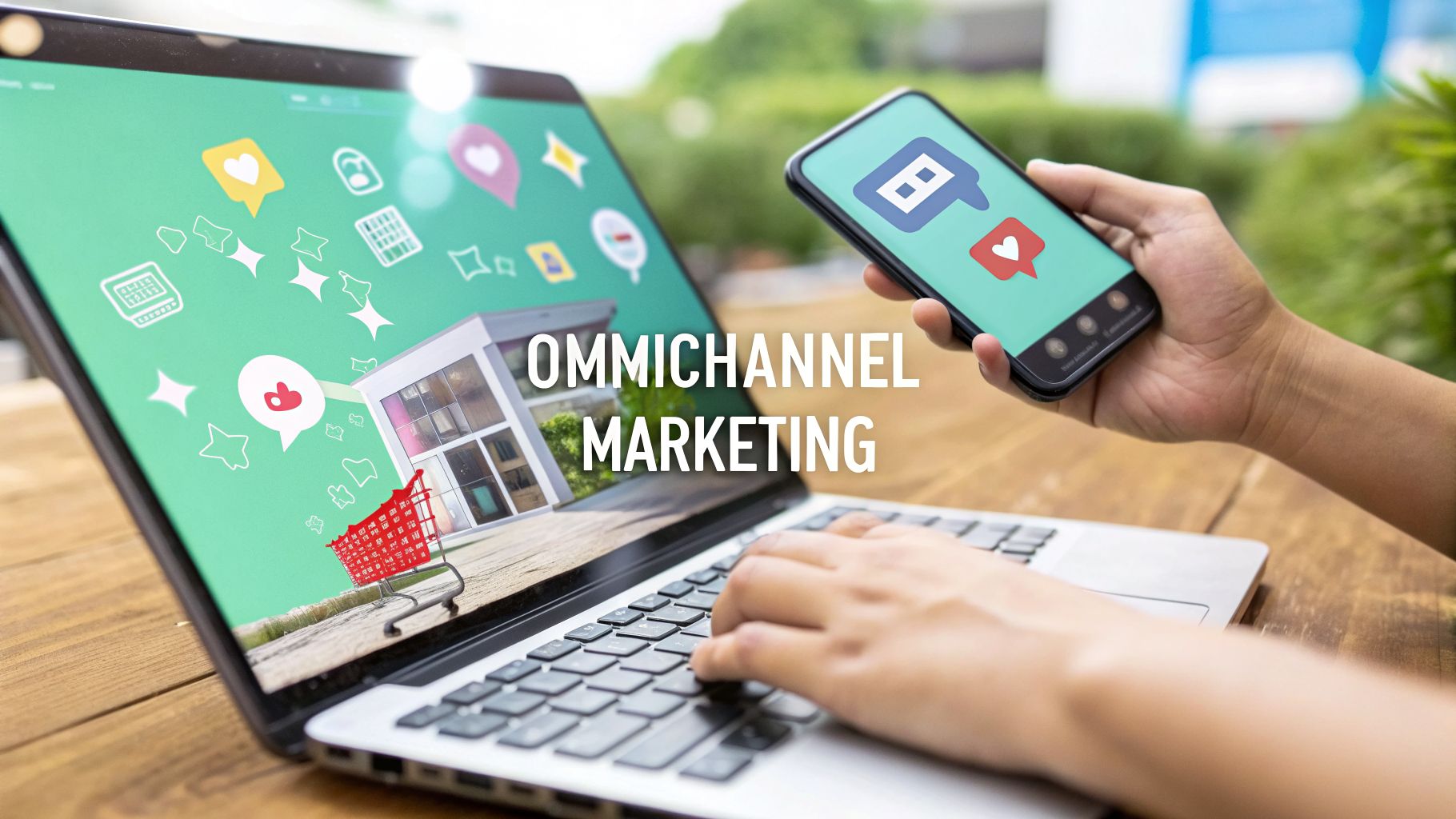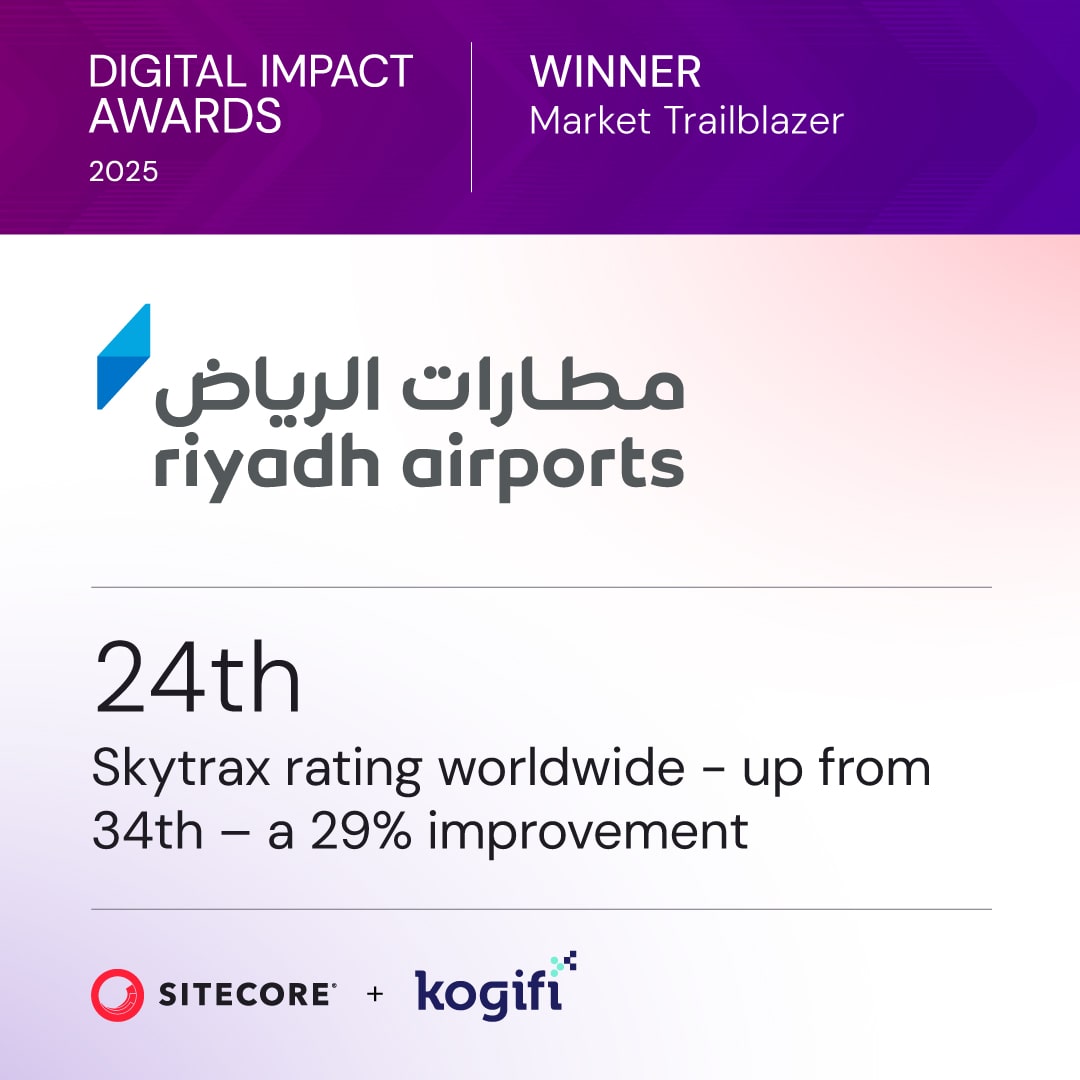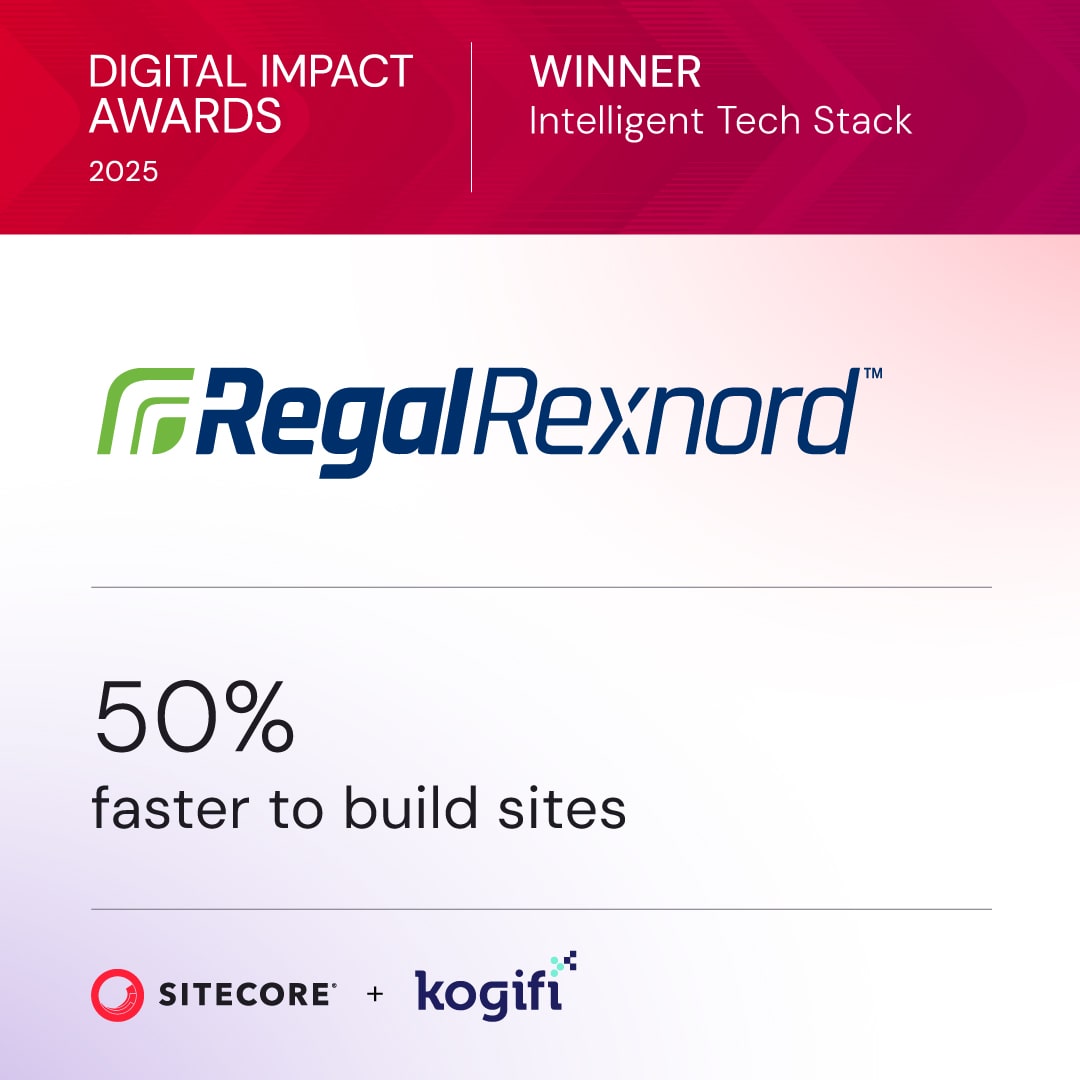Choosing the right Sitecore partner is crucial for your project's success. Here's what you need to focus on:
- Technical Expertise: Ensure they have certifications like Sitecore 10 Developer, Content Hub, and CDP certifications. Verify their skills in modern tech like headless CMS, React, and DevOps.
- Proven Delivery Methods: Look for structured project management, Agile practices, and tools like Jira and Git for smooth implementation.
- Comprehensive Services: They should offer end-to-end services - strategy, implementation, integration, and ongoing support.
- Transparent Pricing: Understand costs for licenses, development, maintenance, and training. Ensure clear support agreements.
- Client-Centric Approach: Check their experience in your industry, US market compliance (e.g., ADA, HIPAA), and ability to communicate effectively.
Quick Snapshot of What to Look For:
| Criteria | What to Check |
|---|---|
| Certifications | Sitecore 10 Developer, Content Hub, CDP, Personalize, and OrderCloud certifications |
| Tech Expertise | Headless CMS, React, SaaS, DevOps, API integration |
| Delivery Approach | Agile methodology, clear timelines, risk management, and quality assurance |
| Services Offered | Strategy, implementation, integration, training, and 24/7 support |
| Pricing Transparency | Detailed cost breakdown for licenses, development, maintenance, and training |
| Market Knowledge | US compliance (e.g., CCPA, ADA), local business practices, and support during US business hours |
Start by prioritizing partners who align with your business goals, have a track record of success, and offer scalable, long-term solutions.
1. Check Technical Skills and Certifications
Modern Sitecore projects require expertise that goes beyond basic development. When considering a Sitecore partner, it’s important to assess their certifications and hands-on experience with real-world implementations.
Key Sitecore Certifications
A dependable Sitecore partner should hold certifications that demonstrate their proficiency in various Sitecore products:
| Certification Category | Key Certifications |
|---|---|
| Platform DXP | • Sitecore 10 .NET Developer Certification • Sitecore 10 System Administrator Certification |
| Content Cloud | • Sitecore XM Cloud Developer Certification • Content Hub Administrator & Developer Certifications |
| Experience Cloud | • Sitecore CDP Certification • Sitecore Personalize Certification |
| Commerce Cloud | • Sitecore OrderCloud Certification |
"Our certifications help identify the individuals who are best suited to implementing, optimizing, and maintaining your Sitecore solution." - Sitecore Learning
Knowledge of Modern Technology Stacks
A strong Sitecore partner should also demonstrate expertise in modern technologies and practices, including:
- Cloud-native solutions like XM Cloud and SaaS platforms
- Frontend frameworks such as React and other modern JavaScript libraries
- DevOps methodologies and continuous integration workflows
- Headless API architecture
- Data integration for customer data platforms (CDP) and personalization tools
The best way to verify these skills is by reviewing examples of their previous work.
Real-World Project Examples
Examining past projects provides insight into a partner’s capabilities and approach:
-
Implementation Scale and Innovation
Look for examples of complex migrations, platform integrations, and large-scale deployments. For instance, Dominion Energy’s site redesign, which serves 7 million customers across 20 states, showcases expertise in handling significant projects. Other examples include headless architecture implementations, custom commerce solutions, personalization strategies, and multi-site management. -
Client Success Stories
Client testimonials and case studies highlighting technical execution and measurable business results can validate a partner’s ability to deliver impactful solutions.
2. Review Project Delivery Methods
The way a partner manages project delivery plays a key role in the success of your Sitecore implementation. By understanding their approach, you can ensure your project stays on schedule and within budget.
Project Management Approach
A successful Sitecore implementation requires a well-structured yet flexible management framework. Leading partners typically begin with a technical audit to confirm business requirements. This step is followed by the creation of a Sitecore Architecture Document, which details the content structure, modules, and editing permissions. They also implement clear quality assurance processes to maintain standards throughout the project.
To make this framework effective, partners use advanced development tools that simplify workflows and enhance project efficiency.
Development Tools and Components
Top-tier Sitecore partners rely on a set of specialized tools to streamline development and maintain high code quality. Here’s a breakdown:
| Tool Category | Purpose | Impact on Project |
|---|---|---|
| Version Control | Git-based source management | Speeds up development and improves deployment success rates |
| Project Tracking | Integration with Jira or Trello | Enhances team communication and provides better workflow visibility |
| CI/CD Pipeline | Automated deployment tools | Ensures smooth code integration and quicker releases |
| Testing Framework | Automated quality checks | Promotes consistent code reliability |
Delivery Timeline Performance
The ability to deliver on time is critical for Sitecore projects. Here are three key factors to evaluate:
- Track Record: Review the partner's past projects, focusing on milestones and timelines. Request examples of similar projects to gauge their experience.
- Risk Management: Understand their strategies for mitigating risks and managing milestones to ensure dependable delivery.
- Client Feedback: Reach out to their previous clients to assess their communication skills and ability to adapt to challenges.
Real-world examples highlight the importance of effective delivery methods. For instance, ING Bank adopted Agile methodologies across its IT and business units, which significantly reduced handoffs and improved efficiency. Similarly, Netflix's strategy of empowering development teams led to faster deployment cycles and better outcomes.
These strategies and tools pave the way for a partner capable of providing comprehensive support services, which will be explored in the next section.
3. Confirm Complete Service Coverage
When selecting a Sitecore partner, it's essential to ensure they offer solutions that address every aspect of your digital transformation journey.
Key Services to Look For
A reliable Sitecore partner should deliver a full range of services that cover the entire project lifecycle, ensuring seamless execution and measurable results:
| Service Category | Key Components | Business Impact |
|---|---|---|
| Strategic Planning | Digital strategy consulting, requirements analysis, platform architecture | Aligns digital initiatives with business goals and maximizes platform potential |
| Implementation | Custom development, e-commerce integration, marketing automation setup | Provides tailored solutions that address your unique needs |
| Integration Services | Third-party system connections, API development, data migration | Builds a cohesive and unified digital ecosystem |
| Support & Maintenance | 24/7 monitoring, performance optimization, security updates | Ensures consistent performance and maximizes return on investment (ROI) |
This comprehensive service lineup complements the technical and delivery expertise discussed earlier, ensuring your digital operations are both efficient and effective.
Staying Current with Sitecore Technology
Your partner should demonstrate expertise in the latest Sitecore advancements. Their proficiency should include:
-
Composable DXP Solutions
- Sitecore Content Cloud
- Sitecore Engagement Cloud
- Integration with Sitecore Commerce Cloud
-
Advanced Platform Features
- Sitecore XM Cloud for headless CMS capabilities
- Sitecore Search for improved discoverability
- Sitecore CDP for managing customer data
- Sitecore Personalize for creating tailored user experiences
For example, a major bank significantly boosted customer satisfaction by leveraging Sitecore's cutting-edge features. They implemented AI-powered chatbots, personalized financial advice, and interactive tools to enhance user engagement and streamline services.
Additionally, the partner should offer training and coaching for content authors, developers, and administrators. This ensures your team can fully leverage the platform's capabilities and aligns with your broader digital roadmap.
sbb-itb-91124b2
4. Compare Pricing and Terms
Having a clear cost structure and well-defined service agreements is crucial to avoid hidden expenses during your project.
Project Pricing Options
| Pricing Component | Description | Considerations |
|---|---|---|
| License Costs | Subscription fees based on usage | Factors like annual site visits, add-ons, and concurrent users influence costs |
| Implementation | Development and customization expenses | Varies with project scope, integrations, and complexity |
| Maintenance | Ongoing support and updates | Includes platform updates and technical assistance |
| Training | Knowledge sharing and skill-building | Ensures the team can effectively use and manage the platform |
Support Agreement Terms
-
Response Time Guarantees
- Defined timelines for resolving critical issues
- Scheduled maintenance routines
- Availability of support during specified hours
-
Service Coverage Scope
- Oversight of applications
- Management of cloud infrastructure
- Regular performance monitoring
- Deployment of security updates and patches
-
Team Accessibility
- Direct communication with technical specialists
- Clear and open communication channels
- Established escalation processes for urgent matters
Cost Structure Details
When evaluating subscription tiers, consider your website's annual traffic:
| Subscription Tier | Annual Visits | Best Suited For |
|---|---|---|
| Standard | Up to 2M | Small to medium-sized businesses |
| Corporate | Up to 12M | Mid-sized companies |
| Enterprise | Up to 240M | Large-scale organizations |
While initial costs are important, long-term value should take precedence. Here are key factors to assess:
- Development Expertise: Choosing experienced partners can save time and reduce issues during implementation, leading to better long-term outcomes.
- Support Flexibility: Look for support plans that can be tailored to your business needs and budget.
- Technology Updates: Ensure service agreements include regular updates and security patches to maintain platform reliability.
- Performance Optimization: Regular monitoring and optimization services should be part of the cost structure to keep systems running efficiently.
A reliable partner will offer a transparent billing model with clear deliverables and milestones. This helps prevent unexpected costs, keeps the project on track, and ensures alignment with your budget throughout the process.
These pricing and support insights lay the groundwork for evaluating client service standards in the next section.
5. Assess Client Service Standards
Once you’ve reviewed pricing and support terms, it’s time to evaluate your partner’s client service standards. This step ensures that your project stays on track and achieves long-term success.
Team Structure and Roles
A well-organized implementation team is the backbone of any successful project. Here’s a breakdown of key roles and their contributions:
| Role | Responsibilities | Impact |
|---|---|---|
| Product Owner/Business Analyst | Gathers requirements and aligns with business goals | Ensures the solution addresses business needs |
| Technical Lead/Solution Architect | Defines technical direction and oversees architecture | Secures a smooth and efficient platform setup |
| Project Manager | Manages timelines and coordinates resources | Keeps the project on schedule and running efficiently |
| Development Team | Handles implementation and customizations | Delivers tailored technical solutions |
| UX/Creative Team | Focuses on user experience and design execution | Builds engaging and user-friendly interfaces |
| Quality Assurance | Conducts testing and ensures quality | Guarantees a reliable and error-free platform |
A strong team is crucial, but it’s equally important that your partner understands the specific requirements of the US market.
US Market Experience
For a project to succeed in the US, the partner must be well-versed in local business practices and regulations. This includes compliance with laws like CCPA, ADA, HIPAA, or SOX, depending on your industry. Additionally, they should provide support during standard US business hours, whether that’s 9 AM–5 PM EST, 8 AM–4 PM CST, or 6 AM–2 PM PST.
Communication Methods
Clear and consistent communication is key to meeting US market demands and ensuring smooth collaboration. Here are the essential methods to look for:
-
Regular Status Updates
- Weekly progress reports
- Monthly executive summaries
- Quarterly business reviews
-
Collaboration Tools
- Platforms for project management
- Systems for version control
- Repositories for documentation
-
Issue Resolution Process
- 24/7 support availability
- Clear escalation procedures
- Defined response time commitments
Conclusion: Selecting Your Sitecore Partner
Choosing the right Sitecore partner can make or break your project's success. It's not just about technical expertise - it's about finding a team that understands your business and aligns with your goals.
To recap, here are three critical qualities to focus on:
- Technical Expertise and Adaptability: Your partner should stay ahead of Sitecore's ever-changing technology, including tools like headless CMS, Customer Data Platform, and personalization features. Look for a proven track record of successful implementations and a knack for innovation.
- Strategic Project Approach: A thorough technical audit and discovery process should kick off your collaboration. This step lays the groundwork for a smooth and effective implementation.
- Commitment to Long-term Support: Your partner should offer more than just implementation. Their role extends into ongoing support, as outlined below:
| Service Area | What to Expect |
|---|---|
| Implementation | Custom development, technical architecture, and seamless integrations |
| Training | Tailored training sessions and detailed documentation |
| Support | Around-the-clock technical help, regular maintenance, and performance tuning |
| Growth | Upgrades, feature improvements, and strategic consulting for future scalability |
While cost matters, prioritize partners who bring real value - those with a deep understanding of your industry, excellent communication, and a commitment to your success.
Ultimately, the right Sitecore partner doesn’t just implement solutions - they act as strategic advisors, ensuring your digital transformation is impactful and your investment in Sitecore is fully realized.
FAQs
What certifications should a Sitecore partner have to ensure project success?
When selecting a Sitecore partner, certifications play a big role in showcasing their expertise and ability to deliver successful projects. One important certification to look for is the Sitecore XM Developer Certification, which confirms their knowledge in Sitecore's architecture, template development, and security features. Another key factor is whether they have certified solution architects, as these professionals are better prepared to manage complex implementations.
For top-tier partners, team members often hold recognition as Sitecore MVPs (Most Valuable Professionals). This designation reflects their deep expertise and active contributions to the Sitecore community. These credentials are strong indicators that the partner has the skills and experience necessary to handle your specific needs, from initial implementation to ongoing support.
How can I make sure a Sitecore partner's pricing is transparent and fits my budget?
To make sure a Sitecore partner’s pricing is clear and fits within your budget, start by asking for a detailed breakdown of costs. This should include all services and any potential extra fees, giving you a clear picture of what you’ll be paying for.
Request examples of previous projects or case studies to see how they’ve handled budgets and maintained transparency in the past. It’s also important to confirm they have a clear process for notifying you about pricing changes during the project.
Lastly, assess their flexibility in adjusting terms to meet your financial needs. A partner who values transparency will focus on open communication and adaptability to ensure their services align with your goals.
How can I confirm that a Sitecore partner is the right fit for my project?
To find the right Sitecore partner for your project, follow these essential steps:
- Check their certifications and expertise: Verify that the partner has relevant Sitecore certifications and experience with the latest technologies like headless CMS, Sitecore Search, and the Sitecore Customer Data Platform.
- Review their portfolio: Look into their past projects to ensure they’ve successfully managed work similar to yours in terms of scope and complexity.
- Ask for client references: Reach out to previous clients for feedback on the partner’s reliability, commitment, and ability to deliver results.
- Consider transparency and pricing: Look for clear pricing structures and open communication throughout the project.
- Confirm full-service capabilities: Make sure they can handle all aspects of your project, from strategy and implementation to ongoing support and maintenance.
These steps will guide you toward a partner who can meet your project’s specific needs with confidence and reliability.








































